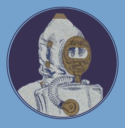
A modified early ECCR
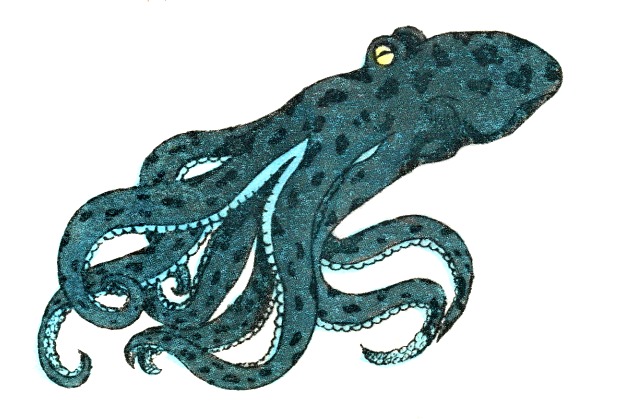
The Kraken-C2 rebreather
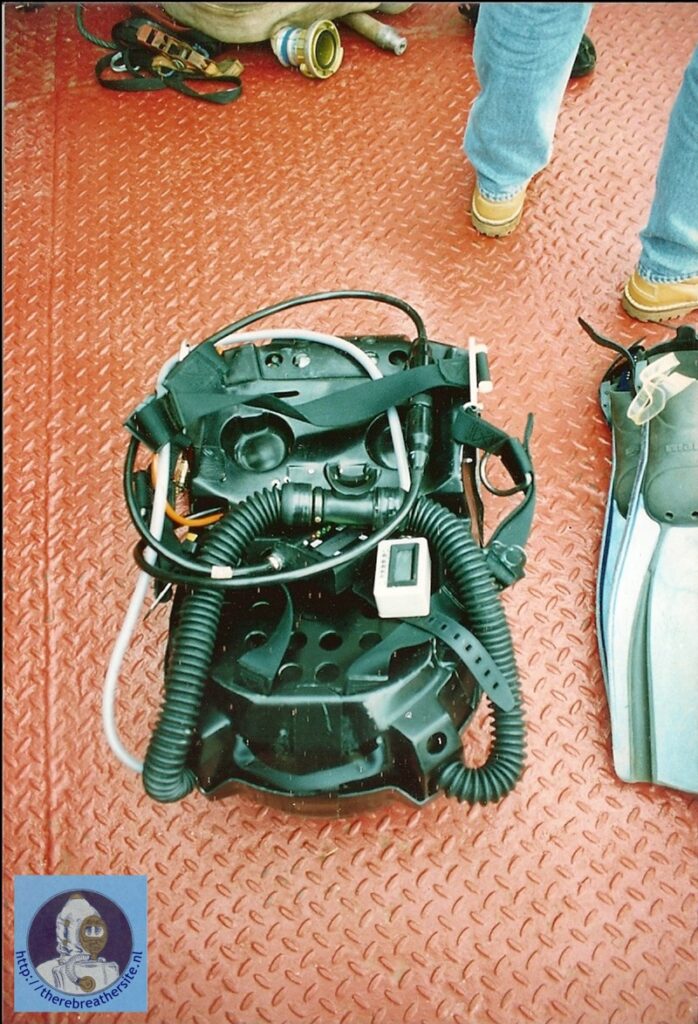
tekst by Sharon Readey 11-11-2022
Stuart Clough founded Carmellan Research Ltd in the UK in 1983 (and it was dissolved in 2000).
Carmellan was operating CCR155s since 1984 and then they modified them with proprietary electronic controls
(Patent # 4939647, filed in 1988 and granted in 1990, inventors Stuart Clough & Neil Cave, see attached) .
Pete Readey met Stuart Clough in 1991, having found out about Carmellan through Rob Palmer’s book Deep into Blue Holes where Rob described finding them because of a 1987 TV piece they did on Tomorrows World.
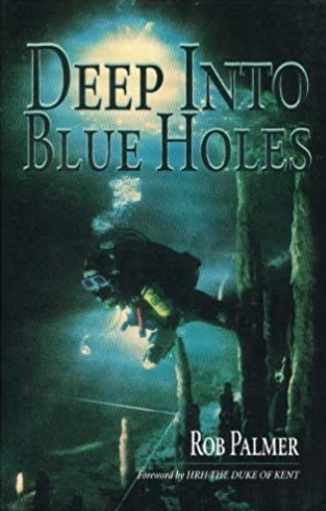
Peter Readey met Stuart Clough in 1991, having found out about Carmellan through Rob Palmer’s book Deep into Blue Holes where Rob described finding them because of a 1987 TV piece they did on Tomorrows World. Rob Palmer contacted Stuart Clough through DDRC (Diving Diseases Research Centre) and Stuart offered to support his expedition with equipment in exchange for basic costs and the rebreathers were used on that expedition to 320ft/96m.
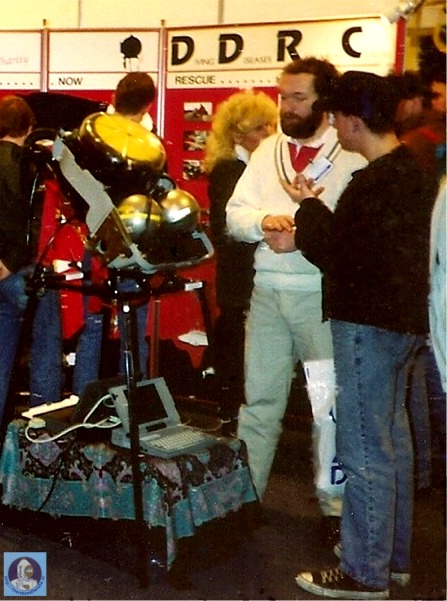
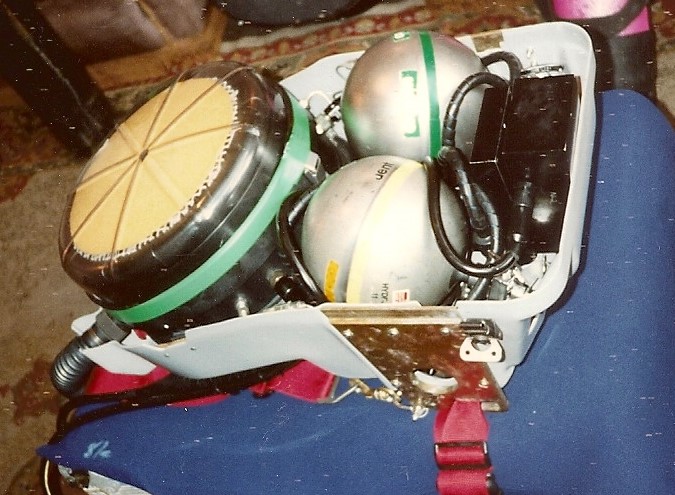
By 1992 Peter had taken delivery of a Carmellan Kraken C2 (their adapted version of the CCR155), we never knew where that name came from. Neil Cave (the co-patent holder), had left Carmellan and we never met him. Peter got involved in part because the mechanical side of their product was having issues. Peter as a qualified marine engineer, with his own turning and milling lathes, worked on improving the physical electronics housings, cabling etc, and later working with them on test dives, diving projects and training.
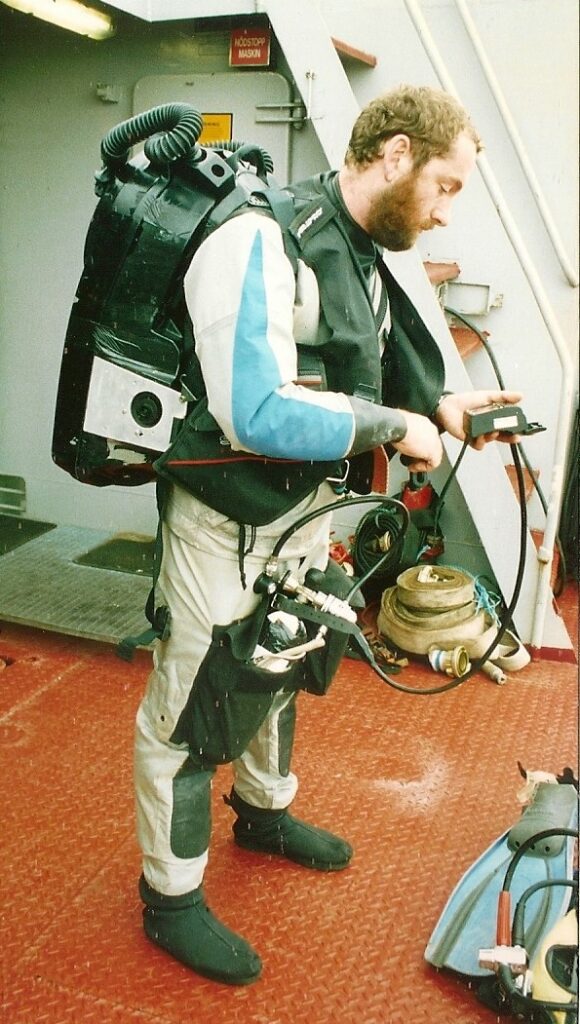
The Kraken’s breathing loop remained unchanged as the original CCR155, it was the electronics, sensors, cables and displays that were upgraded. But because it was built into the CCR155 loop and frame, it is difficult to identify it in photographs from the period, however if it was identified as a Carmellan device at the time, it had most likely been modified. Dual rectangular electronics and battery packs fitted in place of the old pod, plus handsets with LCD screens and contact buttons for changing set points are the easiest way to spot them.
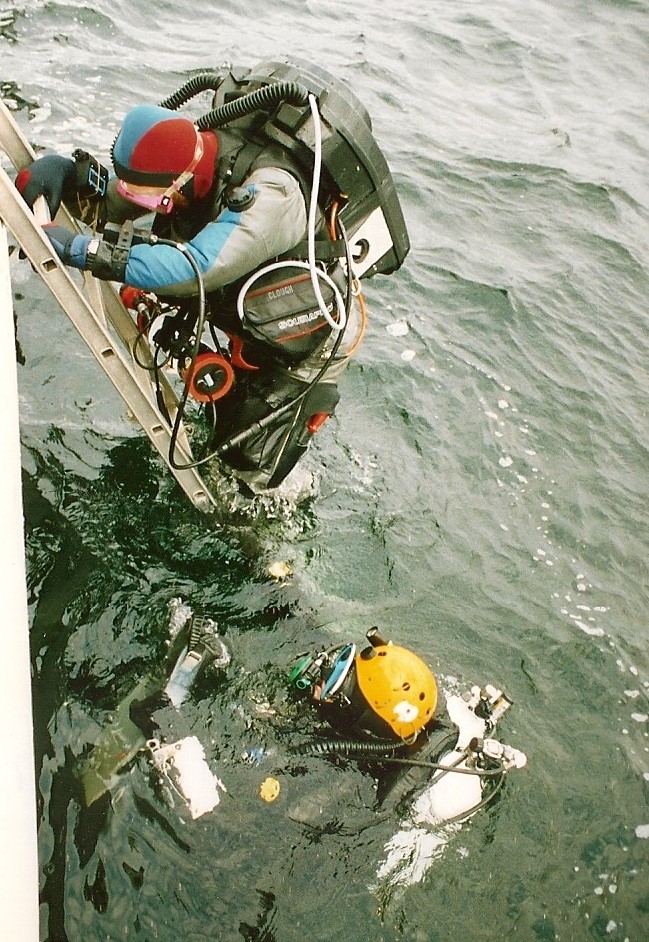
Carmellan licensed its electronics and patents sometime in 1991/2 to Dräger under the name SMS2000 and to Oceanic under the name Phibian. Around this time a majority stake in the company was sold to a US financier who was instrumental in the franchising deals to Drager and Oceanic. Although Peter worked with Carmellan, he was not an employee. He developed his own unit and initially it was thought that this could be developed alongside Carmellan’s but that was not to be and by late 1994, we started to focus exclusively on our own product. We remain friends with Stuart, but as he was contractually and financially invested in Carmellan Research Ltd our rebreather paths split.
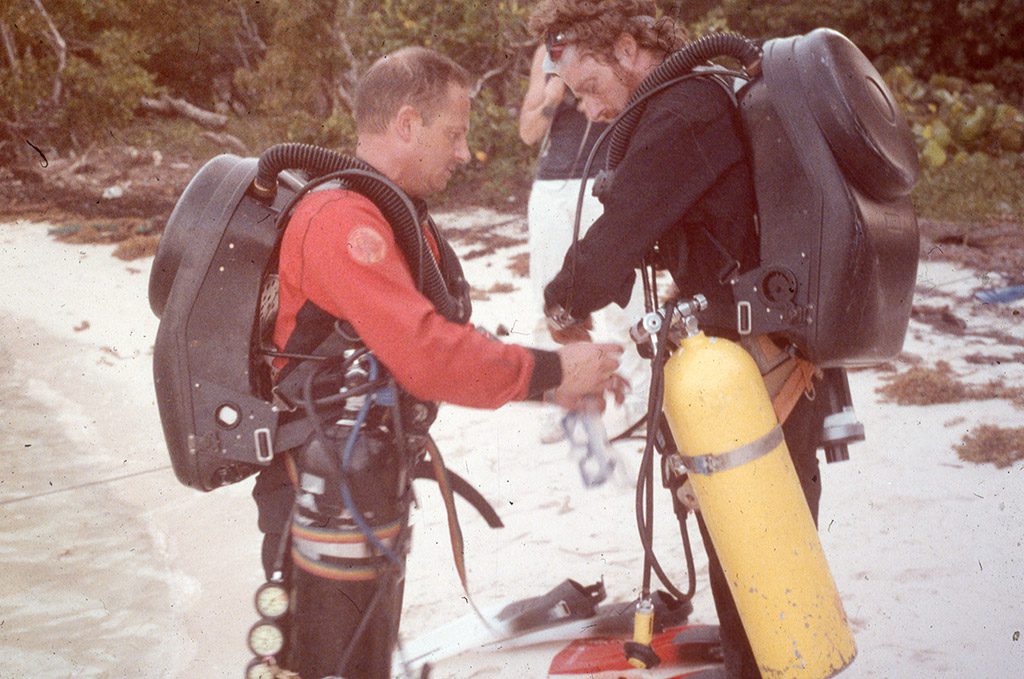
Also in 1994, Stuart applied for a second patent (#5503145) for a computerized life support system, which was granted in 1996.
Not many Kraken’s were sold. Below is a picture in black and white, the opened rebreather, ( he third unit on the right ) taken by the Dorset Evening Echo, when Peter Readey and Rob Palmer supported the HDS Rally in Weymouth, with Pete’s personal rig.
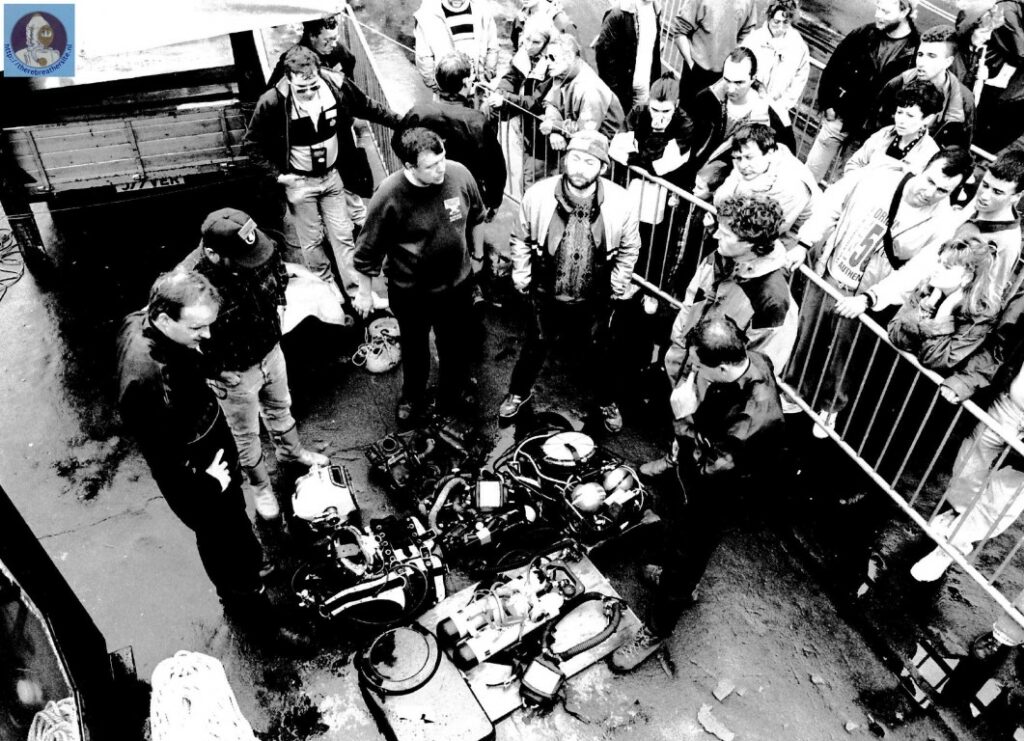
Article kindly provided by Sharon Readey

Therebreathersite was founded by Jan Willem Bech in 1999. After a diving career of many years, he decided to start technical diving in 1999. He immediately noticed that at that time there was almost no website that contained the history of closed breathing systems. The start for the website led to a huge collection that offered about 1,300 pages of information until 2019. In 2019, a fresh start was made with the website now freely available online for everyone. Therebreathersite is a source of information for divers, researchers, technicians and students. I hope you enjoy browsing the content!
